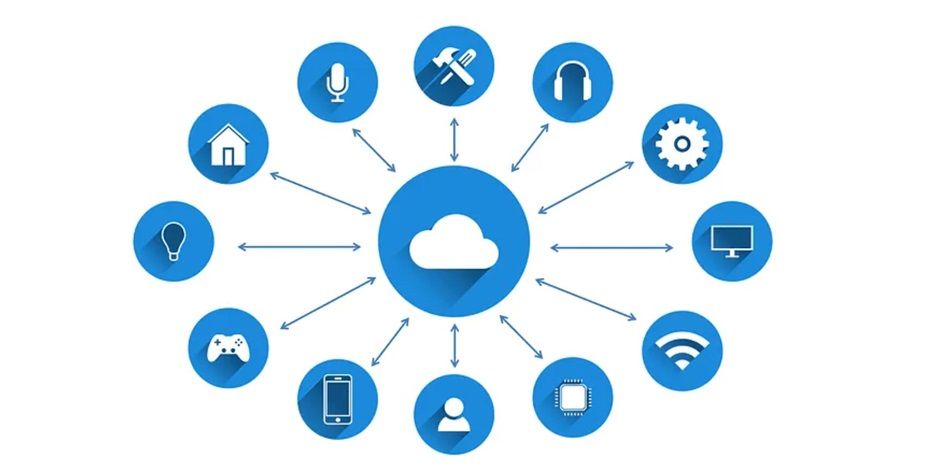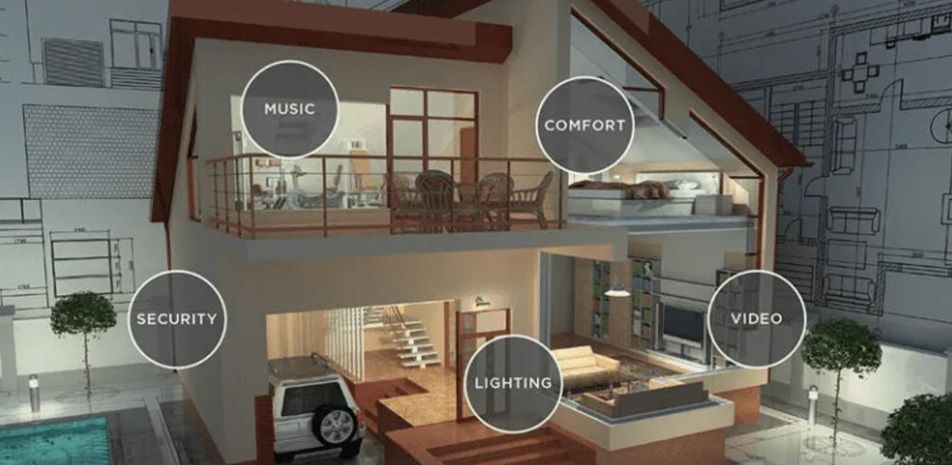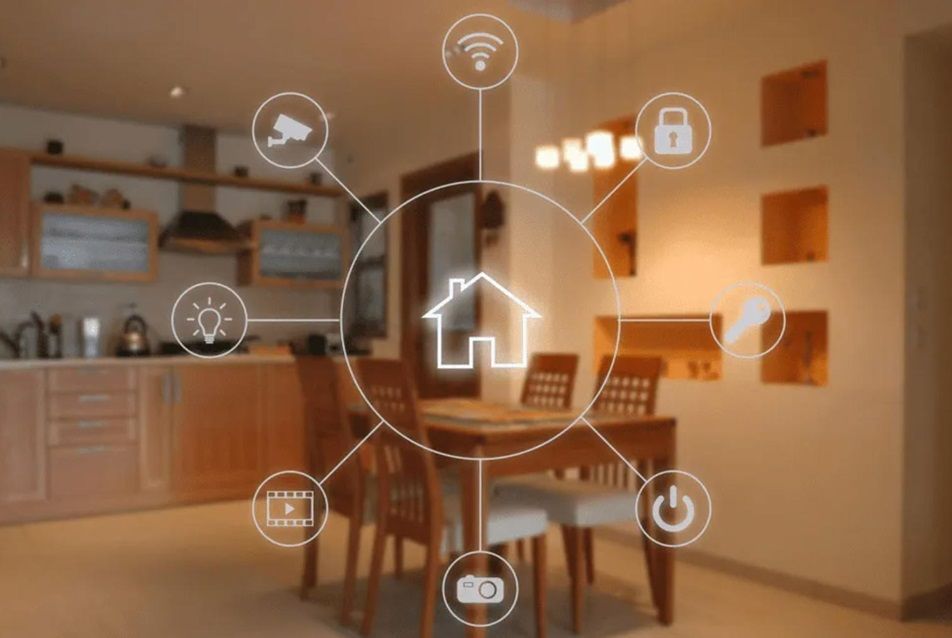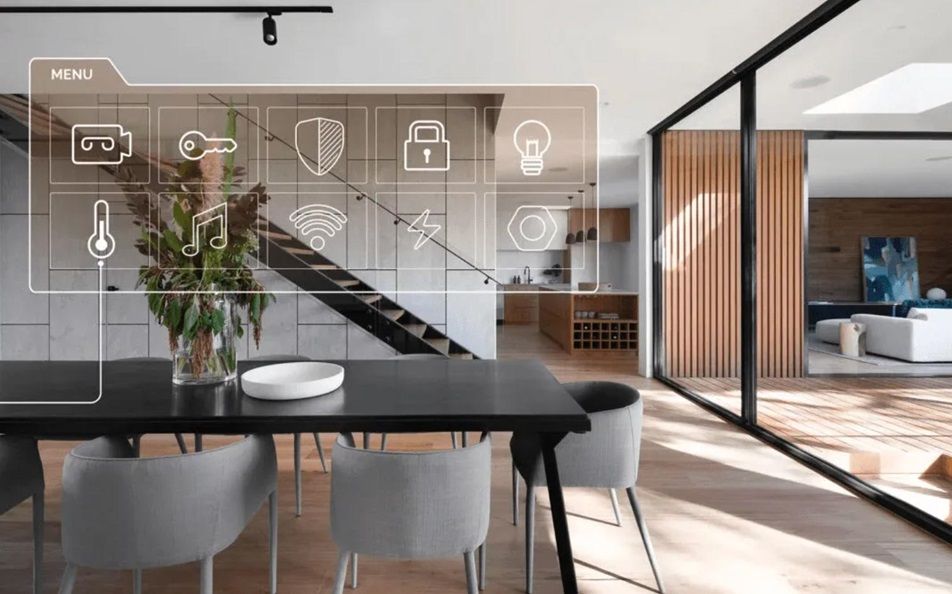Home Automation System: DIY Or Professional Installation?
The Benefits of Professional Installation: Can I Install a Home Automation System Myself or Do I Need a Professional?
Imagine living in a home where your lights turn on and off automatically, your thermostat adjusts the temperature based on your preferences, and your security system alerts you of any suspicious activity. This is the world of home automation—a world that offers convenience, safety, and improved quality of life. But, “can I install a home automation system myself or do I need a professional?” In this blog post, we’ll explore the pros and cons of DIY home automation and professional installation, helping you make an informed decision that best suits your needs and preferences.
Key Takeaways
- DIY home automation can be challenging for those with limited technical expertise.
- Professional installation offers customization, expertise and post-installation support.
- Carefully consider budget, time commitment and system complexity when deciding between DIY or professional installation of a home automation system.
DIY Home Automation: What You Need to Know

The idea of creating your own home automation system may seem appealing, especially if you’re looking to save money and maintain full control over your devices. DIY home automation provides homeowners with:
- The flexibility to choose the devices they want
- The ability to configure them according to their preferences
- The power to manage the interactions between them
However, the process can be challenging, particularly for those with limited technical expertise.
Potential Challenges
One of the main challenges faced by DIY enthusiasts is compatibility issues between devices, operating systems, and hardware, which can lead to limited functionality and difficulty in setting up the system.
Economic evaluations can help homeowners weigh the costs and benefits of different home automation systems, but it’s important to be aware of the potential drawbacks of DIY installations, such as lack of manufacturer support and difficulty in installation. In fact, 22% of consumers return smart home devices due to difficulties encountered during setup, such as managing multiple apps and configuring devices.
Technical Expertise Required
To successfully install a DIY home automation system, you’ll need a basic understanding of technology, networking, and troubleshooting. Depending on the complexity of the system, coding familiarity, Linux knowledge, networking skills, and troubleshooting experience may be advantageous.
Involving decision makers and other stakeholders, such as family members, in the decision-making process can help ensure that the chosen home automation system meets everyone’s needs. However, if you’re not confident in your technical abilities, the DIY route may not be the best choice for you.
The Advantages of Professional Installation

On the other hand, professional installation offers numerous advantages, such as customization, expert knowledge, and ongoing support for a seamless home automation experience. Professional installers tailor and incorporate home automation systems to suit individual requirements, ensuring that the system is installed accurately and safely.
Moving forward, we’ll examine the advantages of having your home automation system professionally installed and how it could be the suitable choice for you.
Customization and Integration
Customization and integration are key components of a professional installation, allowing for a tailored home automation system that meets specific needs and preferences. Professional installers can select the appropriate devices, configure them to work cohesively, and integrate them into a unified system. This results in greater efficiency, cost-effectiveness, and increased convenience and security for the homeowner.
When it comes to DIY, you are strictly limited to products that can be purchased at a retail store. A licensed home technology integrator has access to better performing and architecturally pleasing smart home solutions, maximizing the clients smart home performance and design needs.
Nevertheless, planning and consideration of compatibility issues, limited functionality, and resource waste are vital during the customization and integration of a home automation system.
Expert Knowledge and Experience
Professional installers possess extensive knowledge and experience in their field of installation, ensuring that your home automation system is installed accurately and efficiently. Their proficiency and experience guarantee that any potential issues can be addressed, providing you with peace of mind and a reliable system that meets your needs.
With a professional installation, you can rest assured that your system will function optimally, without the need for constant tweaking and troubleshooting.
Ongoing Support and Maintenance
Continuous support and maintenance are inherent to professional installations, guaranteeing that your home automation system stays current and operational. Professional installers provide:
- Post-installation support
- Troubleshooting
- Routine inspections
- Repairs
These health care services address any issues that may arise, providing further details as needed.
Furthermore, they can provide guidance on how to best utilize the system, ensuring you get the most value from your investment. DIY installations, on the other hand, may lack this level of support and maintenance, potentially leading to expensive repairs or replacements if issues arise.
Assessing Your Needs: DIY vs. Professional Installation

Now that we’ve explored the pros and cons of both DIY and professional installation, it’s time to assess your specific needs and preferences to make an informed decision. Factors to consider include your budget, the amount of time and effort you’re willing to invest, and the complexity of the system you desire.
The subsequent segments will offer advice on assessing these factors to assist you in choosing the ideal home automation system.
Budget Considerations
When it comes to budget, DIY installation is generally more cost-effective, as it eliminates labor fees and often has lower hardware and monitoring subscription costs. However, professional installation can provide long-term value and reliability, as it ensures a properly installed system and ongoing support and maintenance.
Economic evaluations can help you weigh the costs and benefits of each option, allowing you to make informed pricing decisions based on your financial situation.
Time and Effort
DIY installation requires a considerable amount of time and effort, from researching the most suitable home automation system to acquiring the necessary components and installing and configuring the system. Additionally, you may face potential challenges and complexities that require troubleshooting and perseverance.
On the other hand, professional installation ensures a quicker and hassle-free process, as the installer’s expertise and experience guarantee a successful installation.
System Complexity
The complexity of your desired home automation system is another crucial factor to consider. While DIY installations may be more affordable and customizable, they can be complex for intricate systems, potentially leading to compatibility issues and limited functionality.
Professional installation, on the other hand, offers a simpler process and secure systems, ensuring seamless integration and functionality even for complex systems. Ultimately, the complexity of your system will play a significant role in determining whether DIY or professional installation is the right choice for you.
Finding the Right Professional Installer

Once you’ve decided that professional installation is the best option for your home automation system, it’s time to find the right installer.
This part will walk you through the process of investigating HTA certified companies, garnering recommendations, and securing consultations and quotes to help you find the most suitable professional installer for your needs.
HTA Certified Companies
HTA certification, endorsed by the Home Technology Association, is a quality standard for home automation installers, similar to GIA certification for diamonds, Michelin stars for restaurants, and 5-star ratings from NHTSA for vehicles. Companies that achieve HTA certification meet strict guidelines and offer a high level of expertise and customer service, providing you with peace of mind when choosing a professional installer for your home automation system. The HTA process ensures that only the best installers receive this prestigious certification.
By selecting an HTA certified company, you can trust that your system will be installed correctly and efficiently, ensuring the best possible return on your investment.
Recommendations and Reviews
In addition to seeking out HTA certified companies, it’s important to obtain recommendations and read reviews from other homeowners who have experience with professional installers.
Here are some ways to find recommendations and reviews:
- Ask friends, family, and colleagues if they have any trusted recommendations.
- Look for online reviews on websites such as Yelp, Google, or Angie’s List.
- Check social media platforms and online forums for recommendations and reviews from homeowners who have worked with professional installers.
These recommendations and reviews can offer valuable insights into the quality of service provided by a professional installer.
By considering recommendations and reviews, you can make an informed decision about which installer to hire for your home automation system.
Consultations and Quotes
Lastly, obtaining consultations and quotes from potential installers allows you to:
- Discuss your specific needs, budget requirements, and any additional services that may be necessary.
- Assess the installer’s experience, qualifications, and the timeline for completion.
- Determine the cost of the installation.
By comparing quotes from multiple companies, you can ensure that you’re getting the best value for your investment in a professional home automation system installation.
Mistakes to Avoid When Installing Home Automation Systems

Whether you opt for DIY or professional installation, there are certain mistakes to avoid when installing home automation systems. This part will touch upon the significance of careful planning, addressing security issues, and contemplating future expansion to guarantee the successful implementation of your home automation system.
Thorough planning is imperative for a successful home automation system. It’s necessary to consider the following:
- Your needs and wants. What do you want your home automation system to do? What are the specific features and functions that are important to you?
- Your budget. Home automation systems can range in price from a few hundred dollars to several thousand dollars. It’s important to set a budget before you start shopping so that you don’t overspend.
- The layout of your home. Where do you want to install the various components of your home automation system? Make sure to take into account the layout of your home and the placement of your electrical outlets and wiring.
- The compatibility of your devices. Not all home automation devices are compatible with each other. Make sure to do your research to make sure that the devices you choose will work together seamlessly.
Inadequate Planning
Proper planning is crucial when installing home automation systems. It helps prevent compatibility issues, limited functionality, and wasted resources. To avoid these pitfalls, follow these steps:
- Determine your user requirements.
- Establish your control preferences.
- Construct a design plan.
- Analyze device placement.
- Synchronize installation timetables.
By following these steps, you can ensure a successful installation of your home automation system.
By putting in the effort to plan ahead, you can ensure a smoother installation process and a more satisfying end result.
Ignoring Security and Privacy Concerns
Security and privacy concerns should never be overlooked when installing a home automation system, as neglecting these issues can result in vulnerabilities and potential breaches. To safeguard your system, ensure that it is regularly updated with the latest security patches, utilize strong passwords, and employ encryption when transmitting data.
Additionally, be aware of the potential risks associated with using third-party applications and services.
Overlooking Future Expansion
Finally, always consider the potential for future expansion when installing a home automation system. This allows you to adjust and improve your system as new technologies progress and your needs evolve.
By planning for future expansion, you can ensure that your home automation system remains up-to-date, functional, and capable of accommodating new devices and features as they become available.
Summary
In conclusion, deciding between DIY and professional installation for your home automation system requires careful consideration of your specific needs, preferences, and budget. While DIY installations offer cost savings and customization, they can be complex and require a certain level of technical expertise. On the other hand, professional installations provide a more convenient and reliable solution, with customization, expert knowledge, and ongoing support.
Ultimately, the choice between DIY and professional installation depends on your personal circumstances and the complexity of your desired system. By carefully weighing the pros and cons, and avoiding common mistakes during the installation process, you can create a smart home that meets your needs, enhances your quality of life, and provides you with the peace of mind you deserve.
Frequently Asked Questions
What is required for home automation system?
To create a home automation system, you’ll need sensors to detect changes in the environment, controllers for adjusting settings to your preferences, and actuators to make those changes happen.
How much does it cost to have an automated home?
The costs to automate a home can vary significantly, from as little as $1,500 to upwards of $150,000. Most homeowners spend between $2,000 to $6,000, with luxury, fully connected homes requiring the highest investment. Labor to install wired systems cost about $85 per hour.
What are the disadvantages of home automation?
The initial cost of installation and equipment for home automation can be significant, and system malfunctions or power outages can temporarily disrupt the automation features. Privacy and data security are also potential concerns when using these systems.
What is HTA certification?
HTA Certification is a National Standard of Excellence awarded by the Home Technology Association to ensure home technology integration dealers have experience and exemplary business practices. It involves a background check, technical competence, marketplace reputation, and quality of aftercare service.
What are some popular DIY home automation devices?
Arduino, Raspberry Pi, Blynk and Vera Home hub are all popular DIY home automation devices for taking control of your home.
Categories
- Audio-Video
- Home Theater Installation
- Smart Security Systems
- Wi-Fi & Networking Systems
- Control4 Systems
- Savant Control Systems
- Nice Home Management - Elan Control Systems
- Motorized Window Treatments
- Dimmer Switches
- Outdoor Entertainment
- Professional Installation
- Smart Home Automation
- Smart Lighting Systems
- Surround Sound Systems





